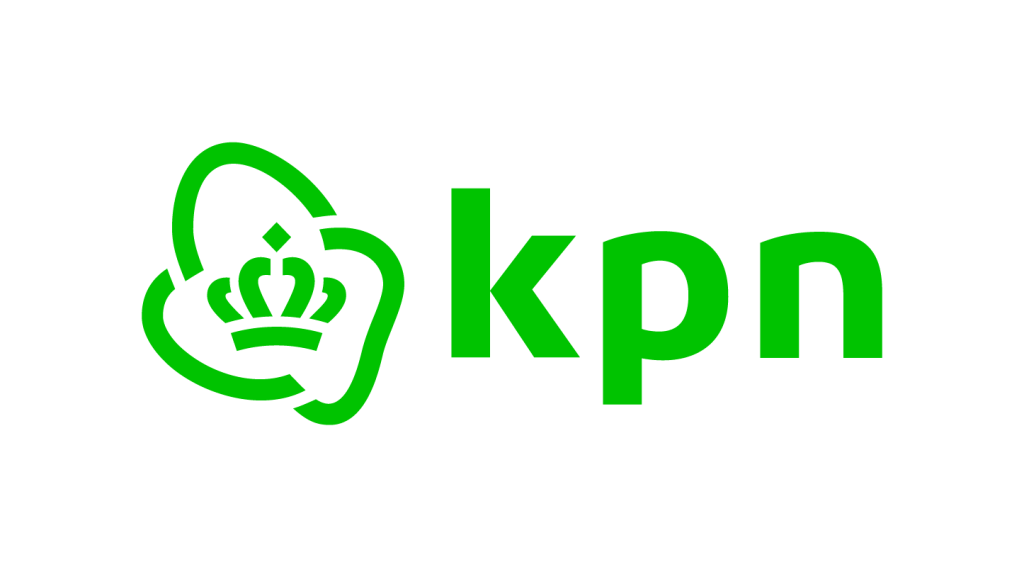About KPN
As market leader in the Netherlands, KPN is a leading supplier of telecommunications and IT. For business customers, KPN provides complete telecommunications and ICT solutions. KPN’s Digital Identity and Trust Services division focuses on developing a digital identity platform under eIDAS 2.0.
The challenge
eIDAS 2.0 builds a framework of digital identity that aims to be secure and trustworthy. To guarantee this, the regulation has created the role of Qualified Trust Service Providers (QTSPs). Offering several qualified trust services, QTSPs are crucial figures in eIDAS 2.0 as they safeguard the integrity and security of digital identity platforms. To be legally recognized at European level, QTSPs must undergo an independent conformity assessment and audit by an accredited institution, recognized by the national accreditation body. They will then be placed on the European Union Trusted List.
KPN is one of those QTSPs. “There aren’t many QTSPs in the Netherlands at the moment,” Harm says. “We have to adhere to strict compliance rules to ensure we work at the highest level of security. If anything goes wrong, it’s on us.” KPN was therefore looking for an experienced and knowledgeable partner to co-create the digital identity platform.

The solution
Over the last couple of years, KPN and Ubiqu have been working together to create a secure digital identity platform. The collaboration exemplifies true co-creation, with both organizations working closely to identify improvements, implement critical changes, and create synergies to enhance the platform’s security and functionality.
As QTSP, KPN holds the responsibility. However, the creation of the digital identity platform is truly one of shared cooperation between KPN and Ubiqu. “We are establishing a comprehensive operational chain with Ubiqu, integrating components from both KPN and Ubiqu,” Harm explains.
“Ubiqu is especially valuable in fostering a modular approach to platform development, rather than creating isolated products.”
“We are accustomed to working with extensive technological chains that require comprehensive adjustments when changes are needed. Ubiqu, on the other hand, operates with smaller, modular components, allowing for quicker and more flexible adaptations. This approach enables us to rapidly launch new products by making minor adjustments to existing frameworks.
Throughout the day, individuals have a lot of different moments to prove their identity. For example, they have to demonstrate that they’re allowed to drive a car, that they’re allowed to access their office building, and that they can request specific data or access specific accounts at work. With the wallet, we are bringing all of these contact moments together. Ubiqu’s technology serves as a vital layer that unifies these processes, enabling us to combine all of these moments.”
The future
The digital identity wallet will result in enormous time and cost savings among many sectors, Harm says.
“Consider healthcare providers. Currently, they spend a lot of time on administrative tasks. They need a physical pass to enter the hospital and their department. Then they need to log into systems with multiple credentials. Then they have to request medical data from patients by using the government-issued UZI card. To access the data, they will need to log in with another account again.
Imagine how much time healthcare providers would be able to save for their patients, if they could just use one wallet on their phone for all of these accounts.” A digital wallet can streamline these processes, freeing up valuable time for patient care.
Eventually, digital identity can be used for many different purposes. But you cannot do everything at the same time, Harm says. “As this is a new domain, our focus is on identifying the most beneficial processes for large-scale deployment of the wallet. At the same time, we are very dependent on laws and regulations and the implementation speed of governments.”

Harm Roosendaal
— Productmanager Digital Identity and Trust Services, KPN
Preparing for eIDAS 2.0
Not only the government must prepare for changes, businesses also face challenges. Every organization that aims to add accounts or identities to the wallet will need to know who should be accessing which accounts. “The digital identity platform requires organized source files, databases, and IAM rights,” says Harm.
“While organizations have become a lot more mature than twenty, thirty years ago, we still see a lot of room for improvement. At KPN, we help our customers with this, for example with Privileged Access Management (PAM) services. PAM is a collection of organizational and technical measures, which safeguards critical accounts by ensuring that only authorized individuals have access.”
Thinking ahead
While increasing efficiency will be of significant importance for many organizations and individuals, the use cases for digital identity are a lot broader,” Harm notes. “We should start thinking about the societal impact that the wallets can make.”
Harm points out the potential to address issues like discrimination. “In the housing market, for example, native applicants often have an advantage. By using the digital identity wallet, home seekers can apply without revealing their names or background, ensuring that decisions of renting agencies are based solely on relevant information, thereby promoting fairness.”
The future for digital identity
Currently, KPN and Ubiqu are in the co-creation phase, strengthening each other by bringing in new and valuable ideas, technologies, and expertise. Yet it has already become clear that the digital identity wallet will have far-reaching impacts, including unforeseen benefits – even in ways that we cannot even imagine yet.

“With the wallet, we are bringing all of the contact moments to prove your identity together. Ubiqu’s technology serves as a vital layer that unifies these processes, enabling us to combine all of these moments”
Harm Roosendaal, KPN
